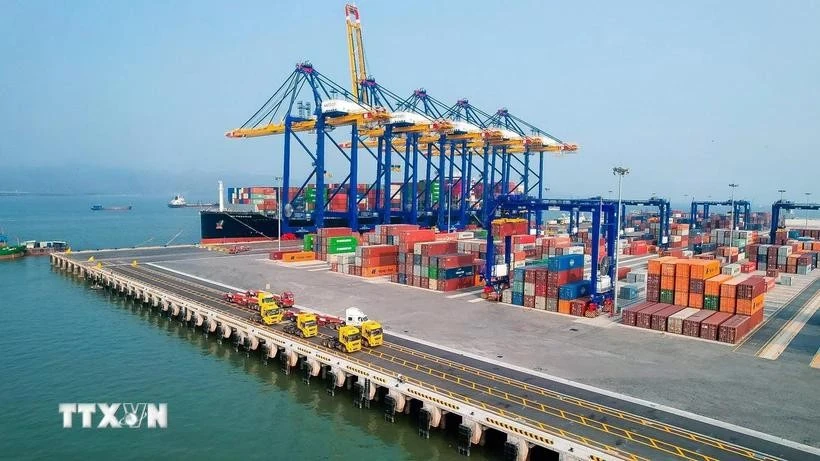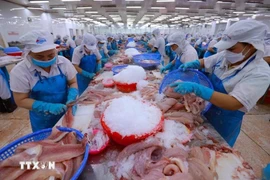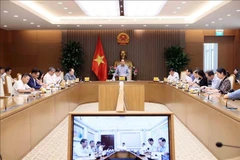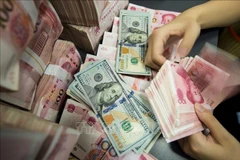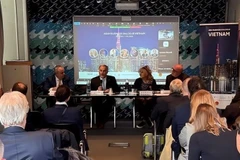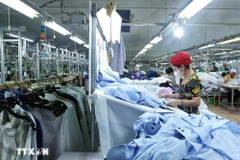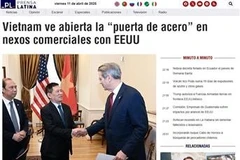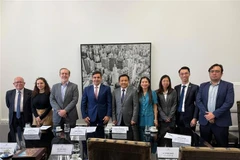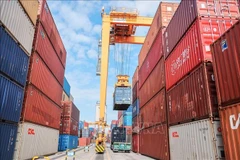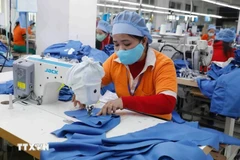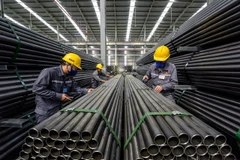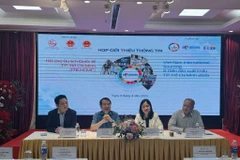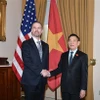HCM City (VNA) – In response to US President Donald Trump’s decision to impose a minimum 10% import tariff on all goods and a 46% countervailing duty on Vietnamese imports, the American Chamber of Commerce in Vietnam (AmCham Vietnam) has put forward proposals aimed at balancing the interests of both nations.
In a press release issued on April 8, AmCham Vietnam – representing over 550 businesses and 2,500 individual members from the US business community in Vietnam – urged the US Government to clearly outline its requirements for the Vietnamese authorities. The organisation also called on its members, particularly companies involved in US exports to Vietnam, to put forward concrete proposals to increase the volume of US imports into the Southeast Asian country.
AmCham Vietnam also welcomed the swift and pragmatic response of the Vietnamese Government to the new US tariffs. The chamber expressed delight at learning about the constructive phone conversation between Vietnamese Party General Secretary To Lam and President Trump on April 4, while appreciating the Party chief’s leadership and pragmatic approach in addressing one of the US’s key concerns regarding “non-reciprocal” tariffs.
The organisation believed that continued dialogue between the two governments will create significant opportunities for US exporters, including those in the agricultural sector. The US business community is eager to push for a free trade agreement with Vietnam, which would enhance market access and reduce tariffs, particularly when compared with other nations that already have trade agreements with Vietnam.

Backing the Vietnamese Government’s proposal to delay the enforcement of countervailing tariffs in favour of negotiations, AmCham Vietnam suggested that the US take the time to carefully consider mutually beneficial proposals. It stressed that goodwill negotiations would be more constructive than retaliatory measures. Furthermore, the chamber argued that there is no reason for inflicting severe economic damage on businesses from both nations, particularly those that have invested significantly in trade negotiations and planning. Such harmful actions fail to advance the US administration’s stated short- or long-term objectives, it added./.
